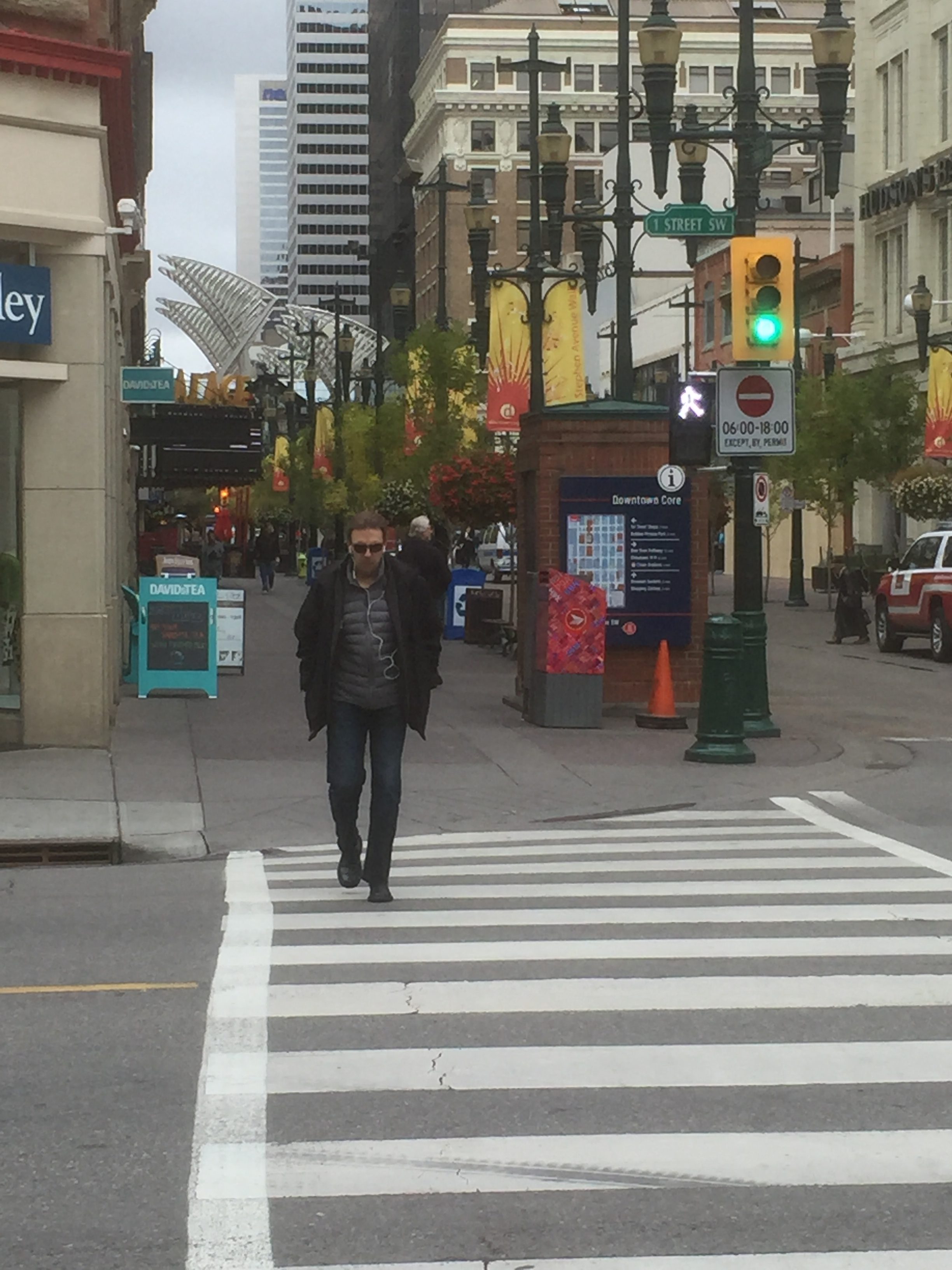
Via former City of Vancouver Councillor and founder of Business in Vancouver magazine Peter Ladner is this CTV news article that researched an important question~what is the true cost of vehicle driving in a Canadian province? The study undertaken by Trajectoire Quebec ” determined that even non-drivers spend an average of $1000 each year in costs related to the province’s roads.”
What was interesting is that while government spending on highways and roads has been increasing, it does not mean that the infrastructure is getting better or more multi-modal. The study found that public spending for roads from the Federal, Provincial and municipal governments had increased by 70 per cent in twenty years. In the Province of Quebec, that means that 43 billion dollars is paid each year for roads. Imagine~that amount is more than monetary inflation, and is much larger than any population increase in the province. The study found that the average family of four “contributes about $7,000 per year to government services related to automotive transport – everything from road repairs, to health care costs and policing – even if they don’t own a car.”
And if you own a car, you are spending $13,000 more, meaning that Quebec households are spending over 20 per cent of their disposable income on transportation. That’s higher than the percentage spent on food or on education. Drivers are actually paying for using cars and car networks, and the study shows that public transit is less subsidized than private vehicles.
The report concludes that Quebec needs a sustainable mobility policy and that user-fees are needed to equitably pay for infrastructure used by private cars. Suburban developments also mean more sprawl and more reliance on the car, and the link needs to be made with politicians for “collective transportation” to move people. As the head of the Trajectoire Quebec organization noted Copenhagen Denmark had a referendum successfully pass to implement toll roads. “People having seen the way it was before, and the way it was after, and after there was a lot less congestion, so the people voted in favor of tolls.”


